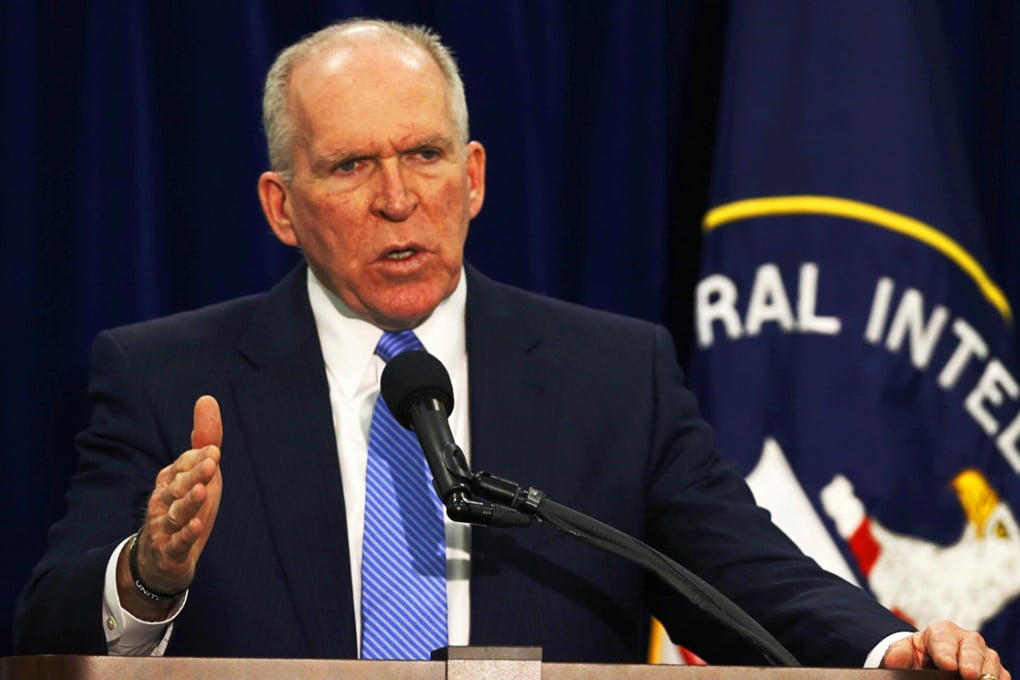Torture report undermines US claim to be world's moral judge
The bravery of a US senate committee for publishing a report into the torture by the Central intelligence Agency of suspects detained after the terrorist attacks of September 11, 2001, is commendable.

The bravery of a US senate committee for publishing a report into the torture by the Central intelligence Agency of suspects detained after the terrorist attacks of September 11, 2001, is commendable. But there the praise has to end, as the declassified executive summary reveals horrific practices, cover-ups and lies that go far beyond what had previously been known. It renews questions as to why no one has ever faced justice over the abuses, how other countries helped and whether such illegal methods have ended, as Barack Obama ordered at the start of his presidency.
There are doubts, given high-level opposition to making the report public. Obama and much of his administration back CIA efforts to stall the findings of the four-year investigation.
Given what was revealed, that is understandable. The torture methods used in Iraq and other places where detainees with suspected links to the terror group al-Qaeda were held were far more shocking than those uncovered by leaks and lawsuits.
Waterboarding, confinement and sleep deprivation were already known about. But the report's details highlight just how far interrogators were willing to go with techniques which are illegal under UN conventions. Detainees were stripped, placed in ice-water baths, forced to stand for days with hands chained above their heads, subjected to loud music and force-fed rectally. Some died in custody.
The CIA and its supporters maintain that such methods kept the US safe from terrorists and that the full report has to be suppressed to prevent a backlash from extremists. But that does not help the US: The findings have undermined its claims to be the world's moral judge and repairing the damage will be difficult. A good start, though, would be for the report to be released in its entirety, barring any intelligence information that endangers lives and security; and for the CIA and other intelligence agencies to embrace a culture of openness and transparency.